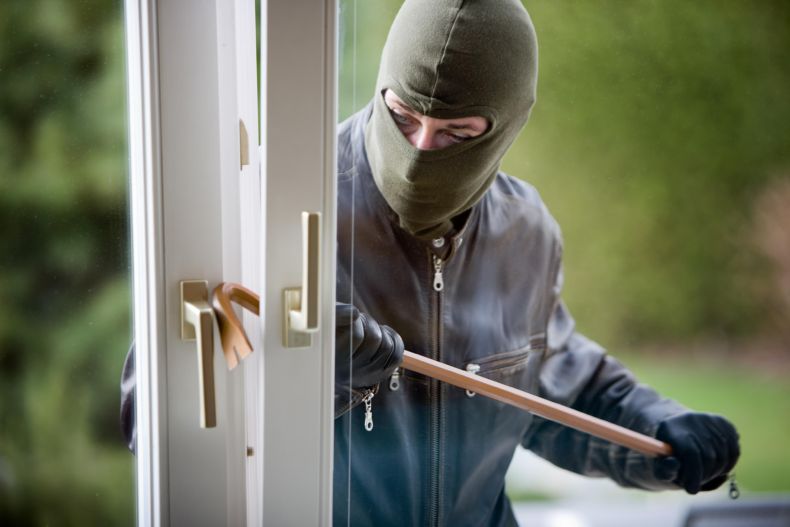Although the Second Amendment guarantees the right of all citizens to keep and bear arms, there are limits to Second Amendment protections. States can limit the type of weapons people can buy, regulate the licenses and background checks required to buy and carry firearms, and may even disqualify certain people from being gun owners. In the past few years, the White House has also tightened restrictions on who can sell guns.
But what about a handgun that has already been purchased legally, then given as a gift or shared between spouses? Can a wife buy her husband a gun as a present? Can a husband lend his wife a gun for protection? Can a husband carry his partner’s gun for self-defense?
The first and probably most important thing to know about gun laws is that they can vary from state to state. From concealed carry restrictions to assault weapon bans, the gun control laws in your state may differ from those in the next state over. So before you buy a gun as a gift for your spouse or carry your spouse’s gun, you should do your research or ask an expert to find out what is allowed under firearms laws where you live.
One common misconception that people have about gun purchases is that there is a state or nation-wide gun registry of every purchase that links a person with the serial number of the gun and therefore “registers” the gun in their name. While this might be helpful to law enforcement, it does not exist at the national level and most states don’t register specific guns to specific people.
As long as a person is legally allowed to buy a gun and passes the background check, what happens to the gun after it is purchased by a firearms dealer is generally up to the person. There will normally be a record of the gun sale listing the buyer and the serial number of the gun, and if a gun is reported lost or stolen the name of the owner and serial number will be reported to law enforcement. But other than that, the purchaser is free to give the gun as a gift or lend the gun to someone without repercussions.
A person cannot act merely a middle man or straw purchaser of a gun for another person who is not legally allowed to own a gun (such as someone with a prior felony conviction). This can lead to a visit from a law enforcement officer and possibly state or federal firearms charges.
Typically firearms are purchased from a gun store. The Federal Alcohol Tobacco and Firearms Agency (also know as “ATF”) has a license which is required to be a licensed dealer. It is called a federal firearms license or FFL.
Whoever is receiving the gun as a gift must also be legally permitted to own a firearm, and have the proper license to carry it. State laws vary on their requirements to obtain a carry permit or a concealed weapon permit so the person receiving the gun must be familiar with local laws in their area which likely includes firearms training. Also, typically a person must be at least 18 years of age for a long gun and at least 21 years of age for a pistol.
All parties must follow state laws on gun storage before and after the gift or transfer.
If you or a loved one is in a bind as a result of a criminal charge (traffic related or otherwise), immediately contact a Seattle Criminal Attorney. A Criminal lawyer is not going to judge you and understands that everyone makes mistakes. Hiring a Seattle Criminal Lawyer to help can – at a minimum – reduce penalties and can help direct people on how to best deal with their criminal charge, and many times even get them dismissed. So, it should go without saying that someone cited for a misdemeanor or felony should hire a qualified Seattle Criminal Lawyer as soon as possible. Criminal charges can cause havoc on a person’s personal and professional life. Anyone charged with a crime in Washington State should immediately seek the assistance of a seasoned Seattle Criminal Lawyer. SQ Attorneys can be reached at (425) 359-3791 and/or (206) 441-0900.


